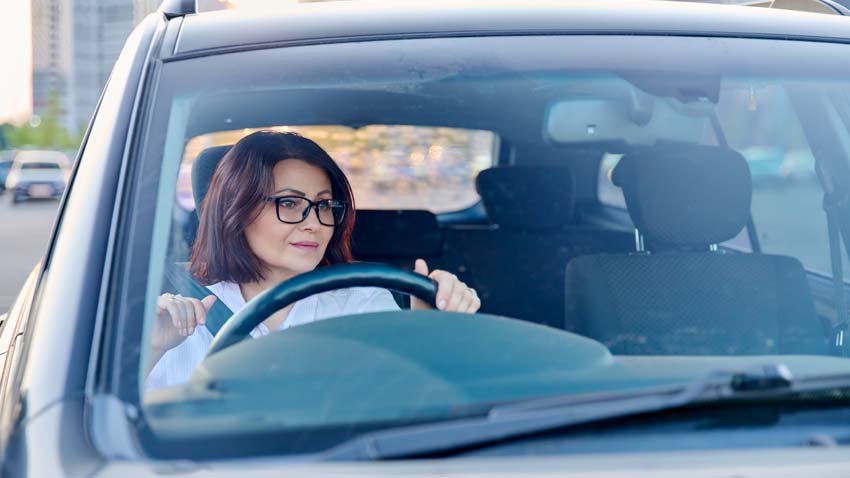
For the last couple of years, health issues have been in the news more than ever. From the obvious risks posed by a worldwide pandemic to the indirect consequences of that event through pressure on an overburdened health service, delays to treatment of other conditions and the toll taken on many people's mental health, the focus never seems to stray from the subject for long.
Considering the increased focus on health and wellbeing, it is perhaps odd that the driving population remains largely oblivious of many ways in which our health can affect our fitness to drive. Many of us continue to get behind the wheels of our cars when, in reality, it may be neither safe nor legal for us to do so.
Eye-opener
As Regtransfers is a private number plates specialist, it should be no surprise that the first item to catch our attention was a DVLA survey conducted in July 2021. The poll found that fewer than 50% of motorists were aware of the minimum eyesight standard required in order to hold or retain a UK driving licence. The regulations state that a driver must be able to read a standards-compliant number plate from a distance of 20 metres (with their glasses or contact lenses if needed). 20 metres is approximately equivalent to five average car lengths, or the width of eight parking bays.
If you have to count yourself among the oblivious majority, now might be a good time to step outside and check that your own vision passes that simple test. If you get pulled over while driving, or are involved in an accident, and your sight is found to be wanting, you could find yourself with a heavy fine and no licence. Surely a quick check, and a visit to the opticians if necessary, would be less of an inconvenience.
Notifiable conditions
Impaired vision is just one of over a hundred conditions that regulations oblige us to report to DVLA and some of those conditions are very common indeed. Hypertension (high blood pressure), for example, affects one in three people in the UK and it is on the government's list of conditions that may require disclosure. In many cases, such as hypertension, you are only required to notify DVLA if your doctor says the condition may affect your fitness to drive. There are, however, a number of conditions about which you must automatically inform DVLA: epilepsy, for example.
The full list is long and contains many conditions most of us have probably never heard of, so it's not surprising that we're pretty uninformed on the matter. If you'd like to check the list for yourself, it is available here on the government website.
Telling DVLA about one of these many notifiable conditions does not automatically mean that you will be stopped from driving. In those cases where a serious condition does result in suspension of your driving licence, that suspension is not necessarily permanent. In the case of epilepsy, it is possible to apply for the return of one's licence after a period of 6 months passes without the patient suffering a seizure.
Safety vs convenience?
When one considers the potential consequences of driving with a condition that either limits one's ability or brings a risk of sudden debility, then the rules about disclosure seem pretty sensible. Of course, no driver likes to have their licence revoked, even temporarily, but most cases won't require that to happen. As we have seen, even where it is necessary to stop someone from driving for their own safety and that of others, the restriction is often temporary. The consequences of an accident, on the other hand, may be permanent.
